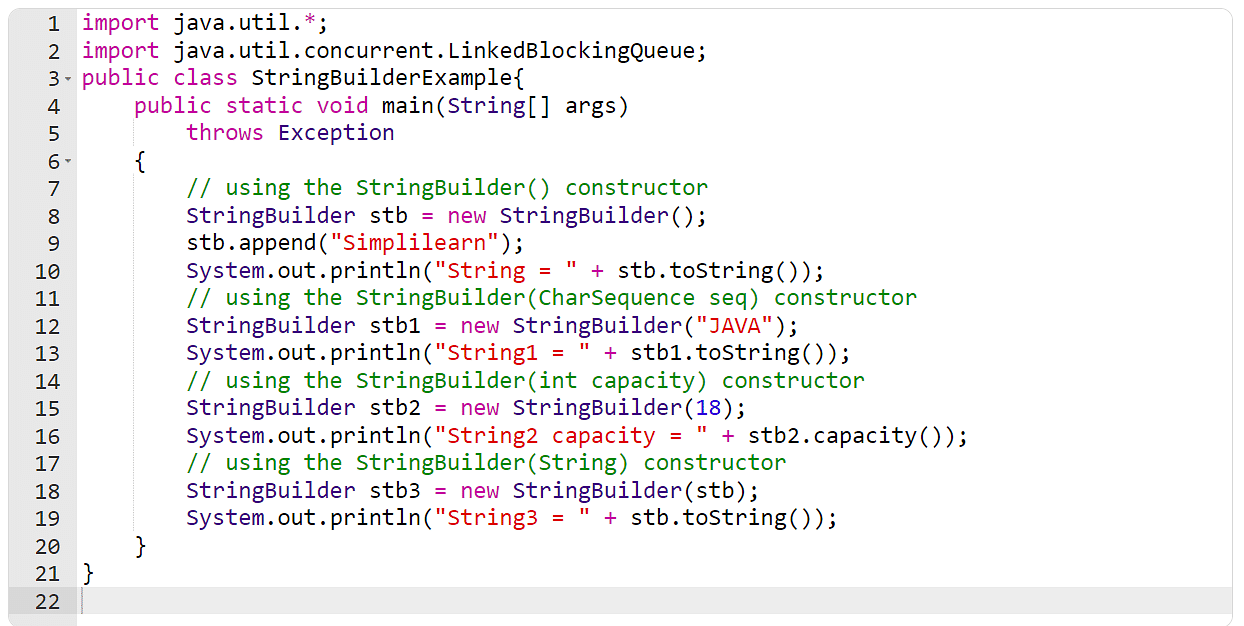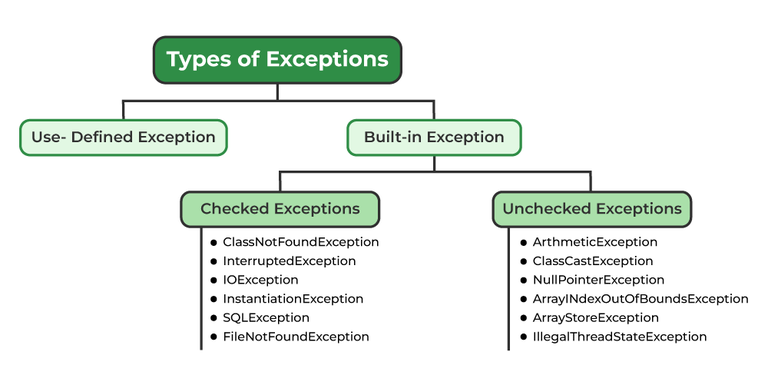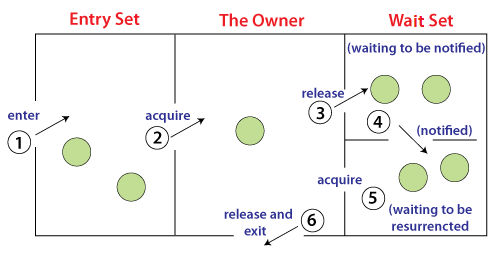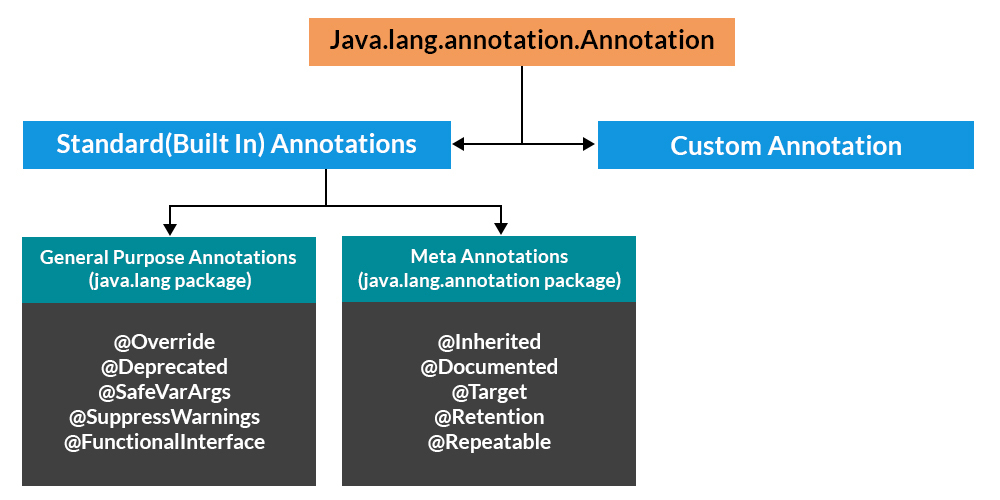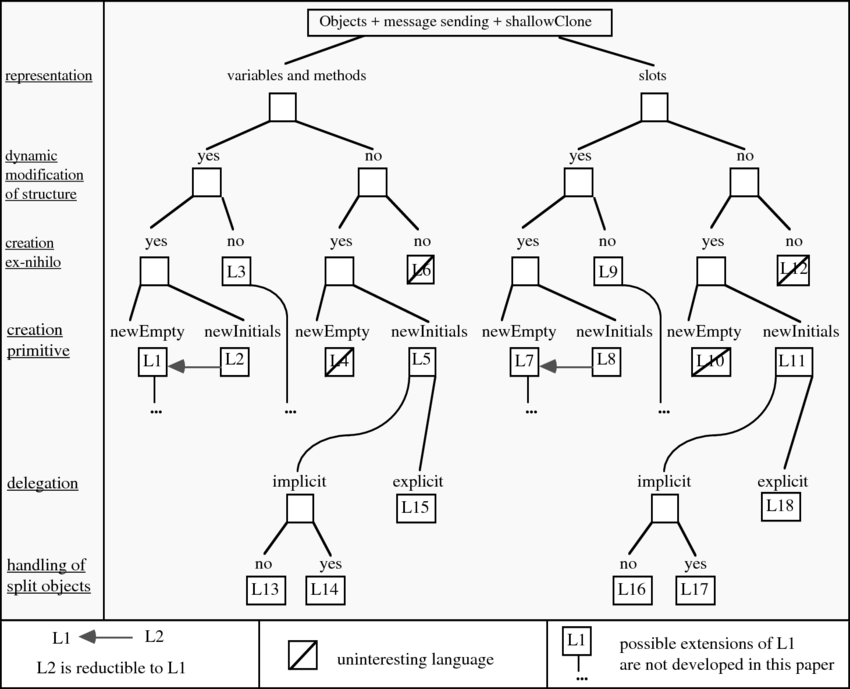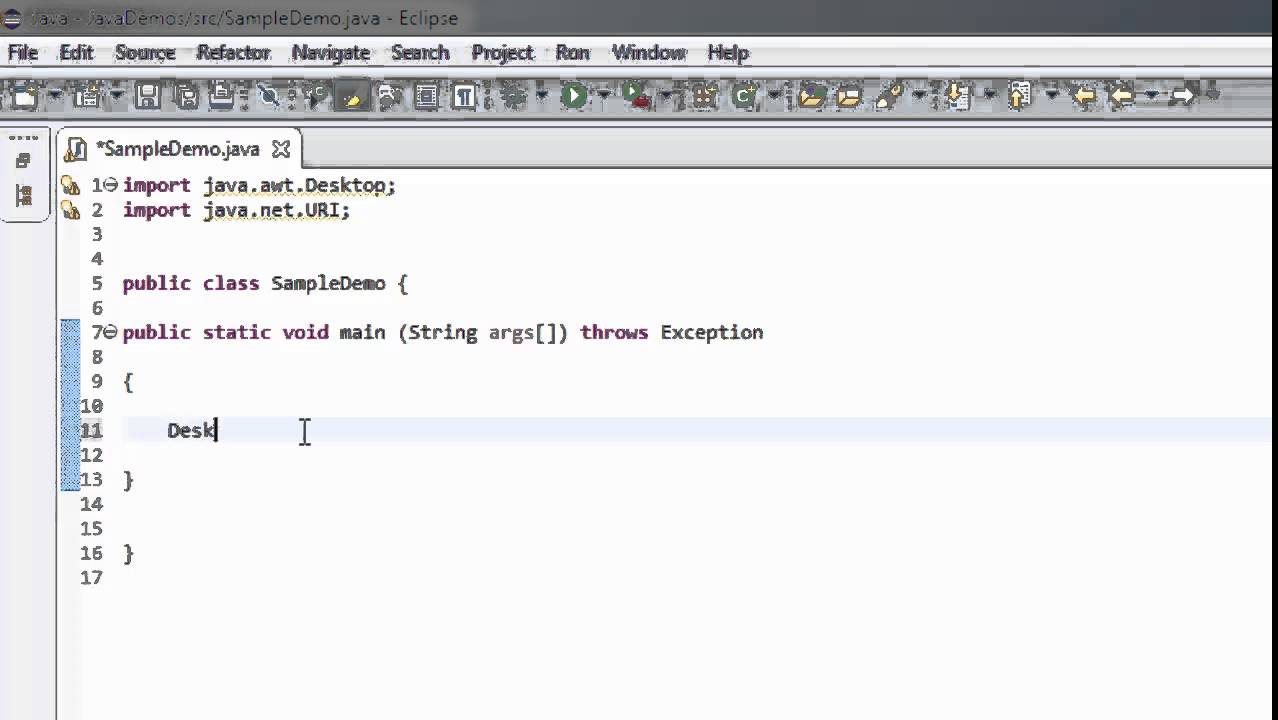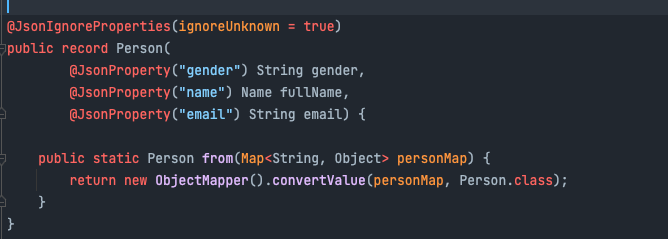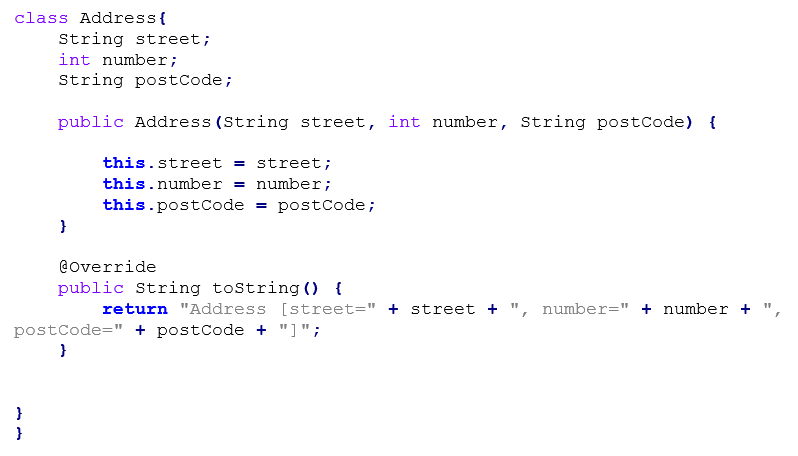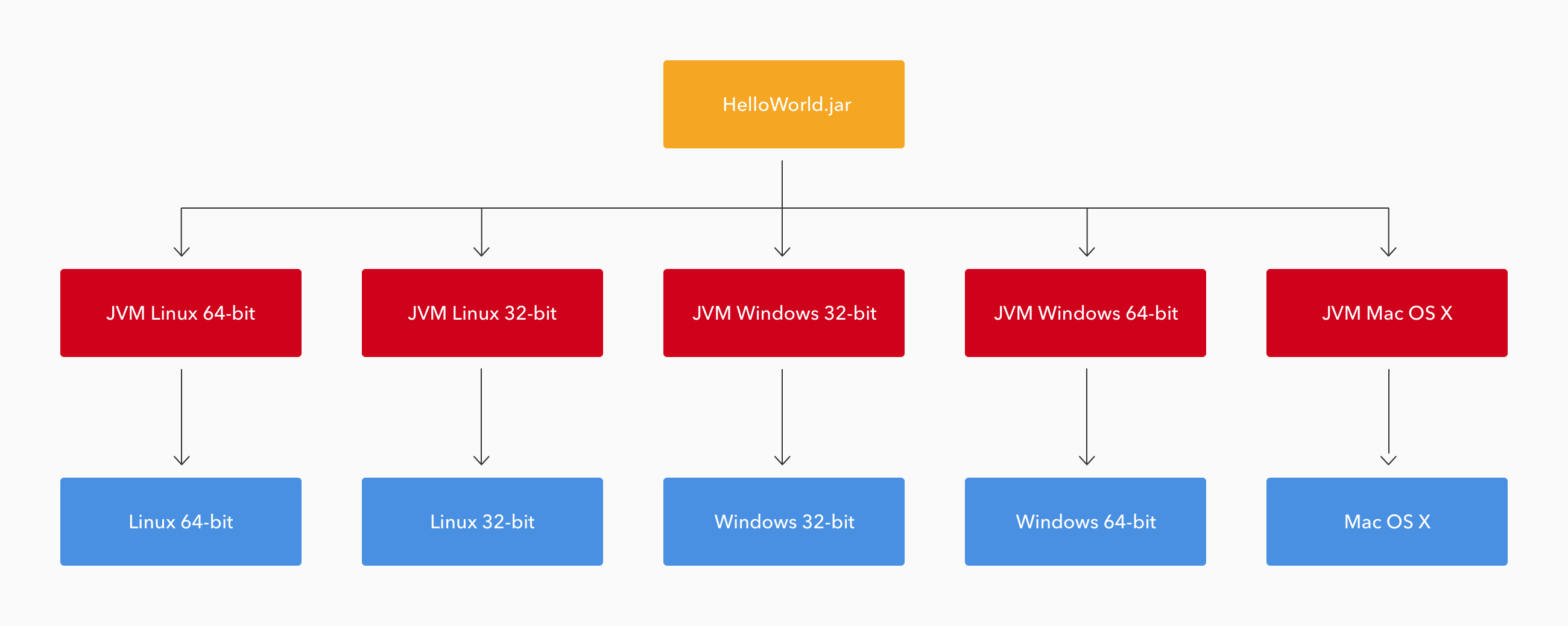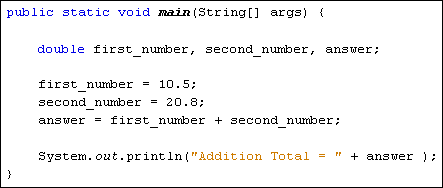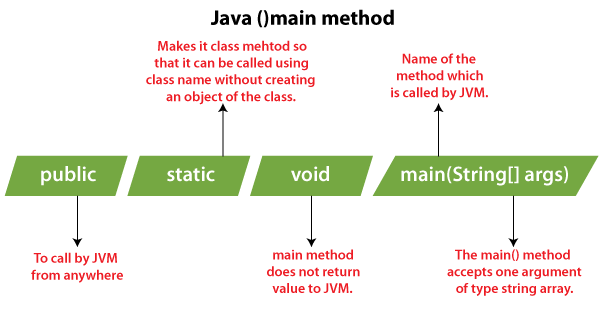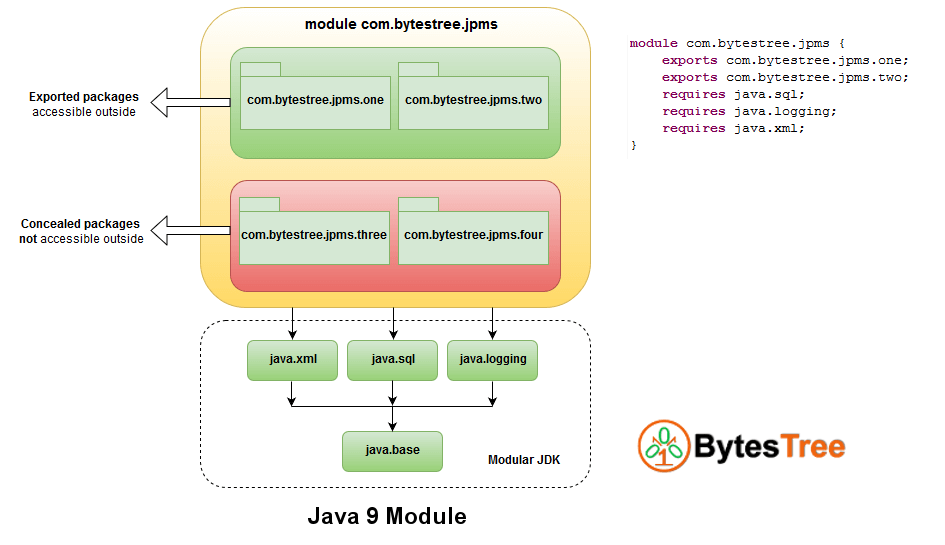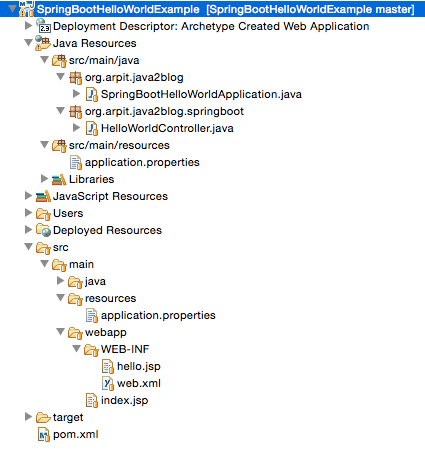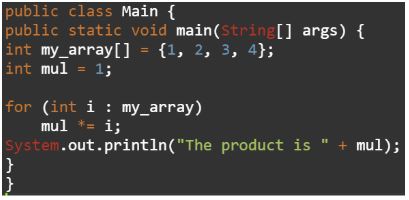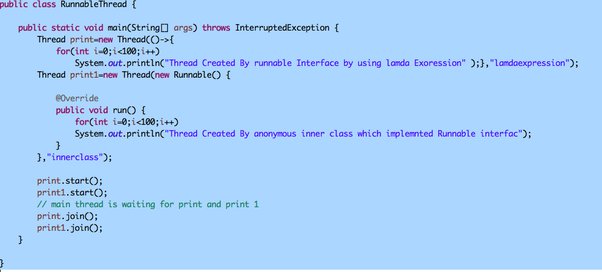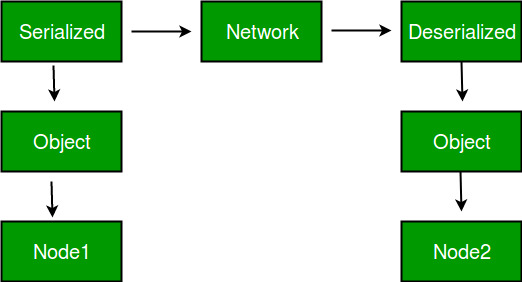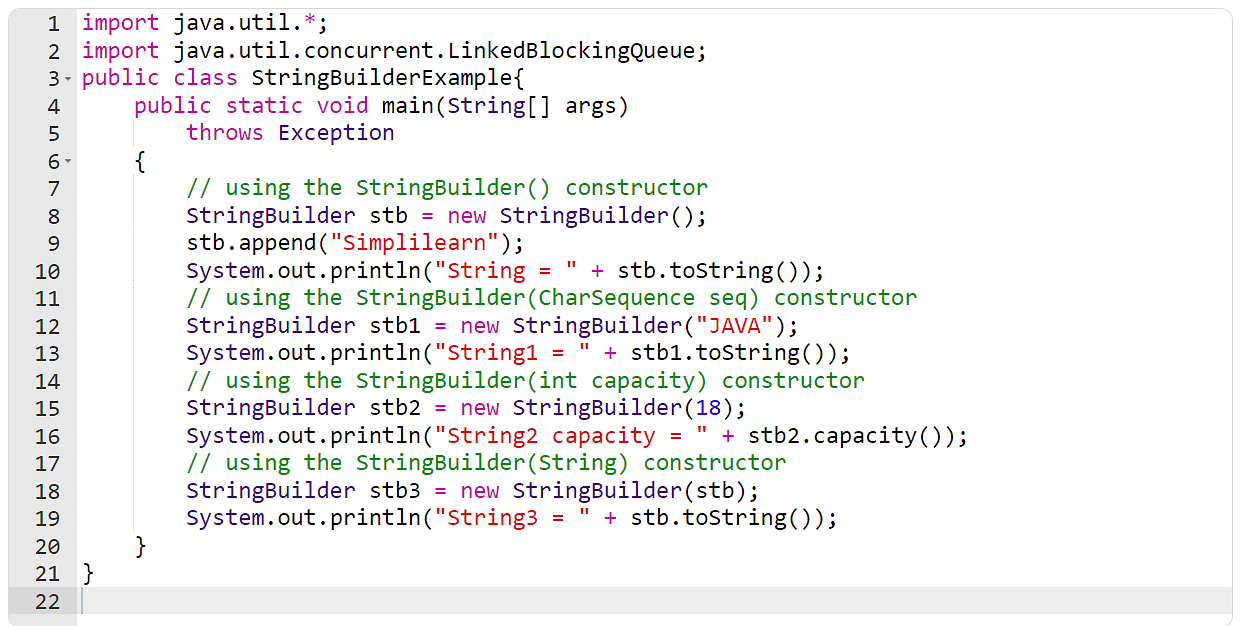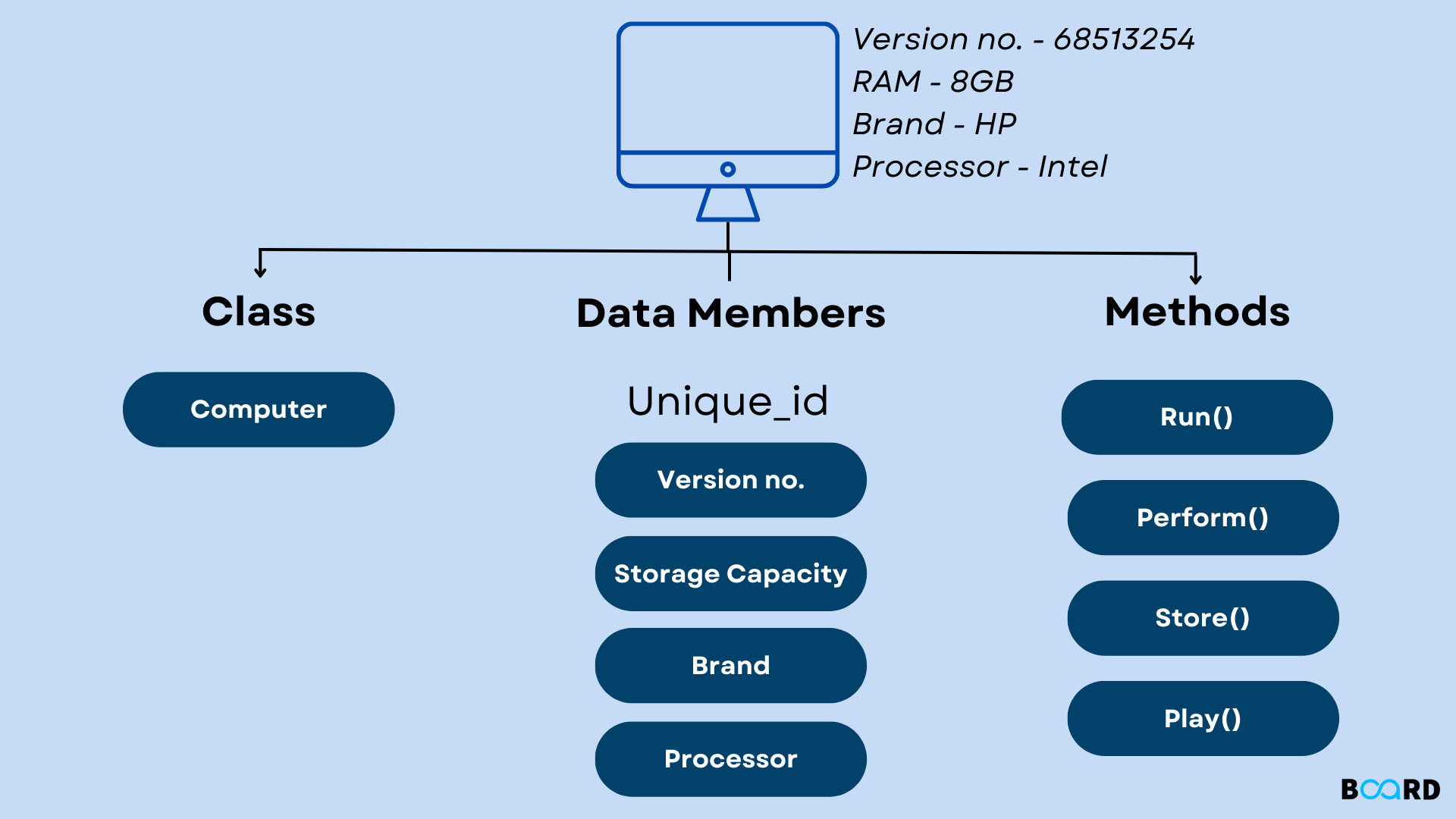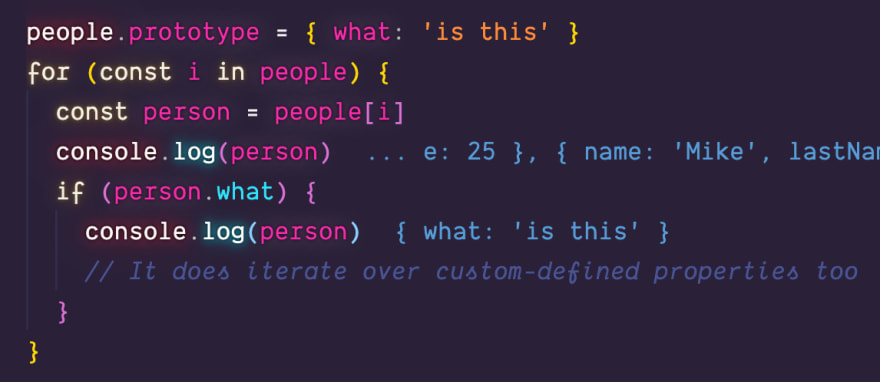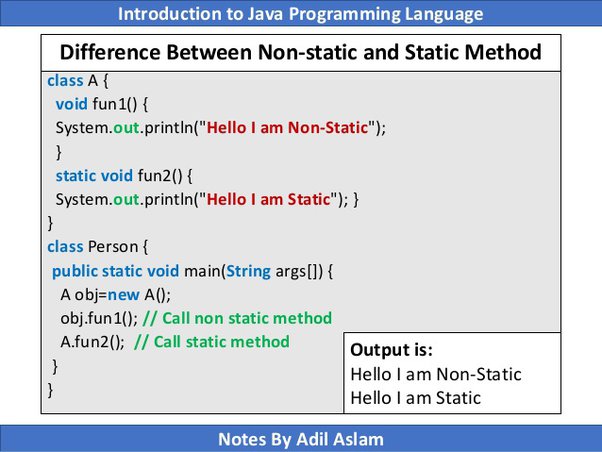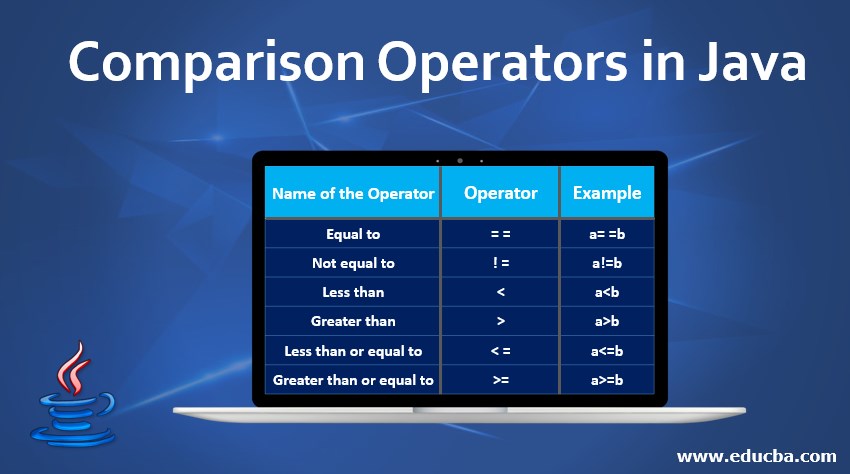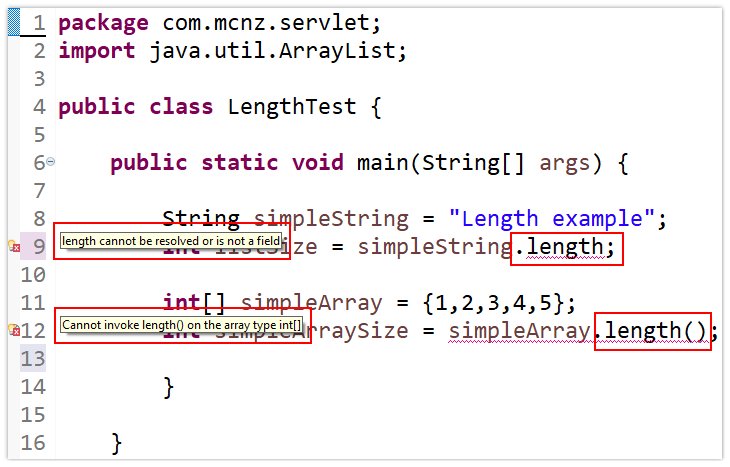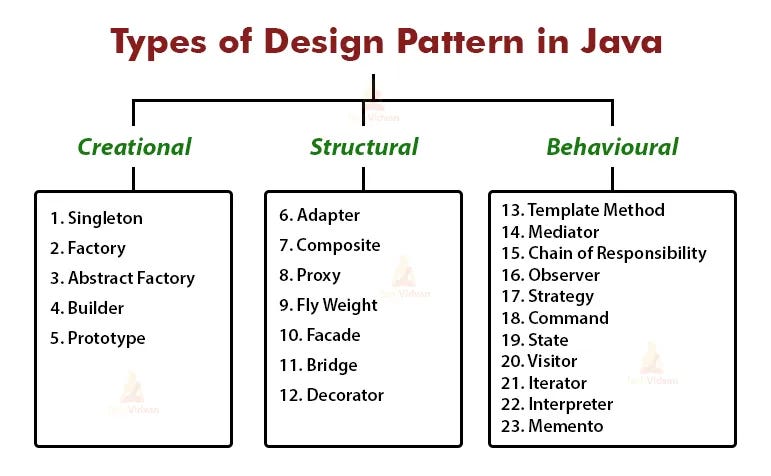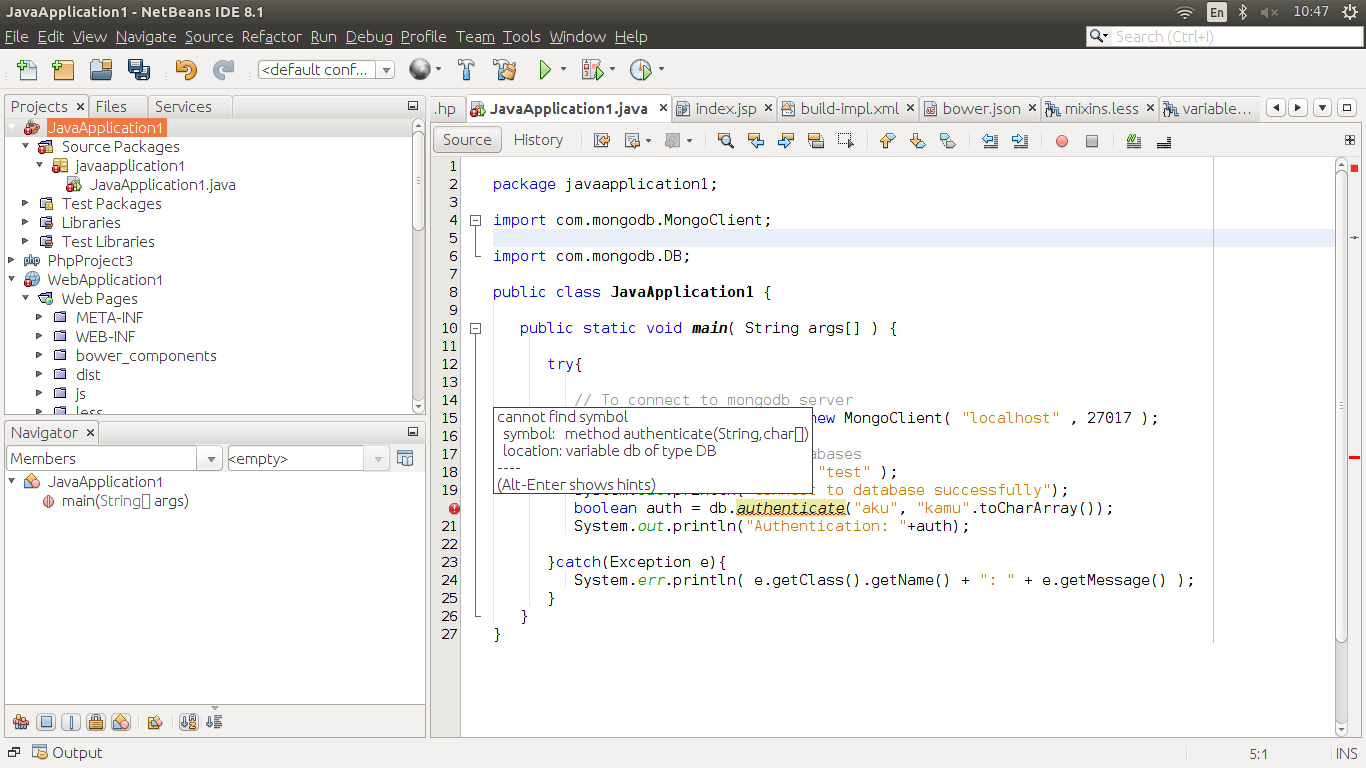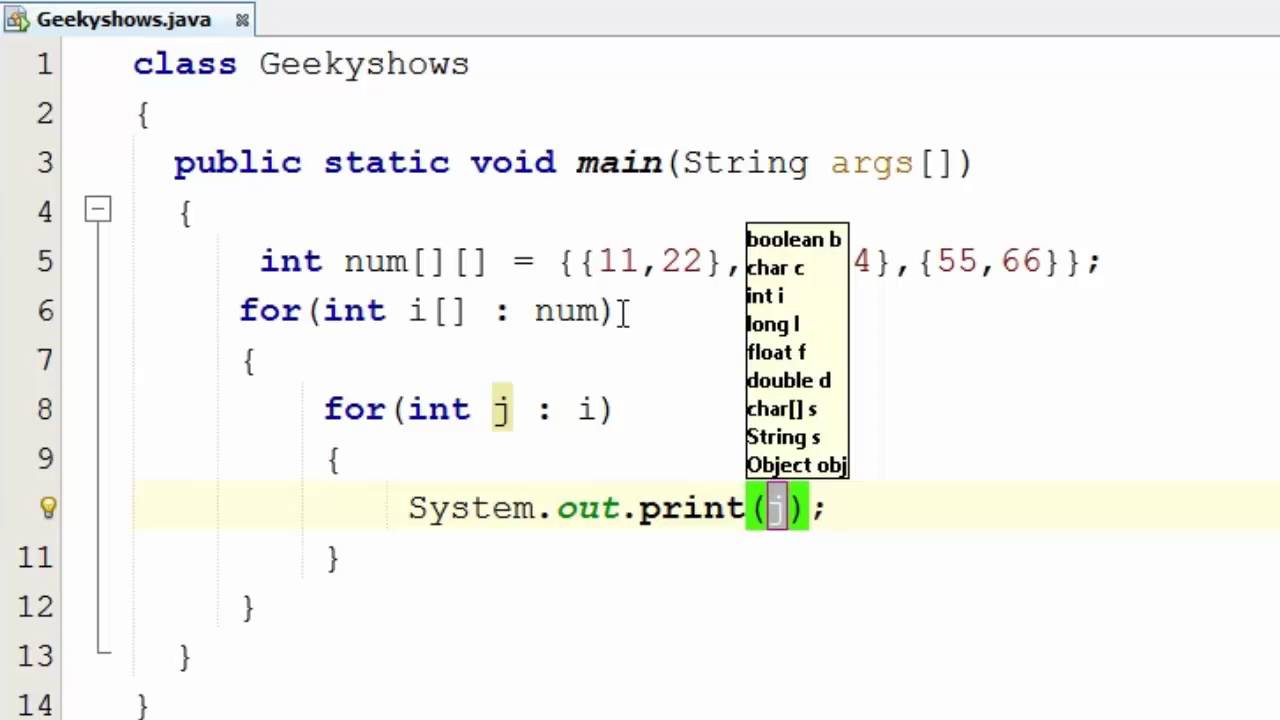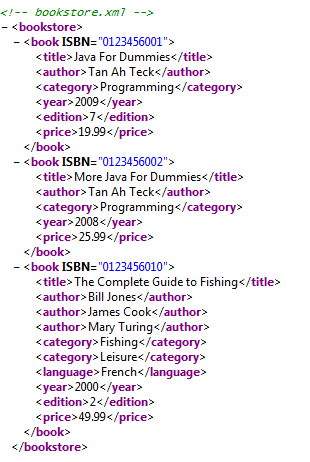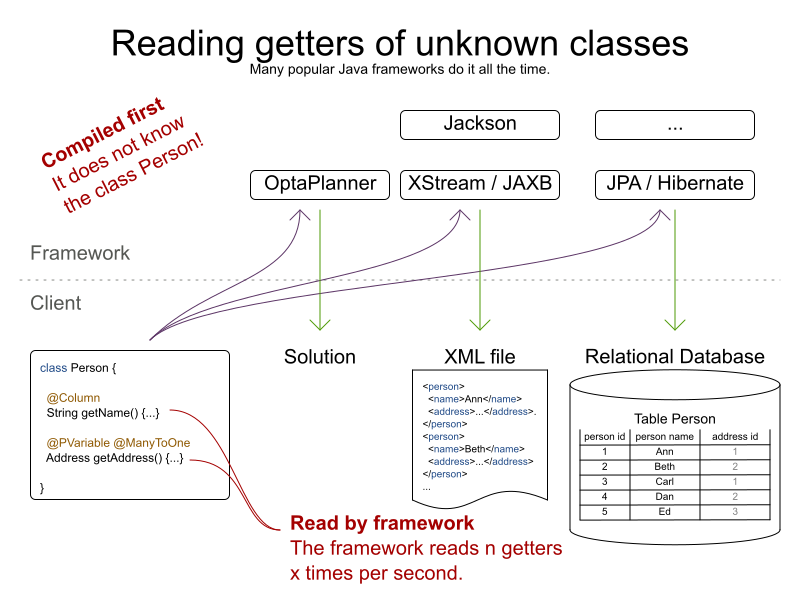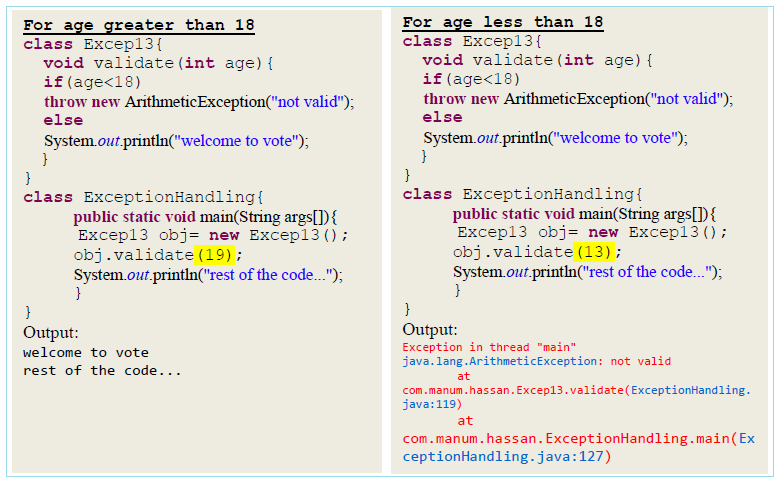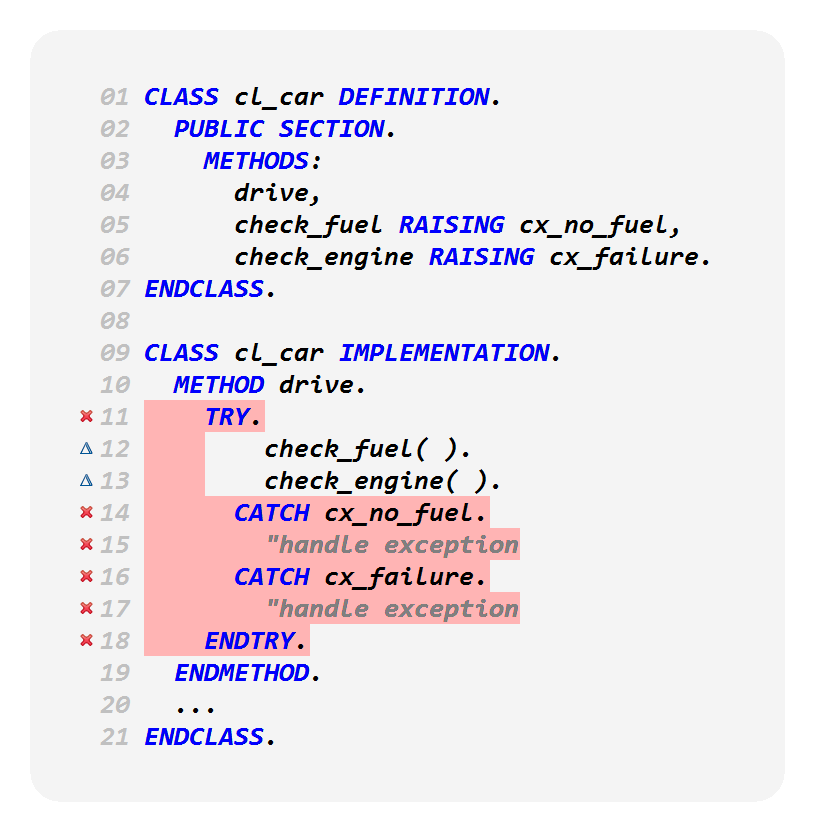When to use abstract class and functional interface in Java 8?
When to use abstract class and functional interface in Java 8?
In Java 8, abstract classes and functional interfaces serve distinct purposes, allowing developers to write more effective and modular code.
Abstract Classes
An abstract class is a class that cannot be instantiated on its own but can be inherited by other classes. It's used to define an abstract concept or an interface, providing a basic implementation while leaving some details open for subclasses to implement. Abstract classes are useful when:
Partial implementation: You need to provide a partial implementation of a concept, letting subclasses fill in the gaps. Common base class: You want to create a common base class that all concrete classes inherit from, providing shared functionality and variables.In Java 8, abstract classes can still be used as they were in previous versions. However, with the introduction of functional interfaces (covered next), abstract classes are not as commonly used for defining functions or callbacks.
Functional Interfaces
A functional interface is an interface that contains exactly one abstract method. This type of interface was introduced in Java 8 and provides a way to use lambda expressions as functional programming constructs. Functional interfaces are useful when:
Single-purpose interfaces: You need to define a simple, single-purpose interface for which there's only one valid implementation. Lambdas and method references: You want to use lambda expressions or method references to implement the interface's abstract method.Examples of functional interfaces in Java 8 include Predicate, Function, Supplier, Consumer, and Runnable.
Choosing between Abstract Classes and Functional Interfaces
When deciding whether to use an abstract class or a functional interface, consider the following:
Abstract Class: Use an abstract class if you need to provide partial implementation, common base classes, or when there's a complex logic that requires multiple methods. Functional Interface: Use a functional interface when you only need to define a single-purpose interface with a simple, abstract method.In summary, Java 8's abstract classes and functional interfaces are designed to serve different purposes:
Abstract classes provide partial implementation, common base classes, or complex logic, while Functional interfaces offer a way to use lambda expressions for single-purpose interfaces with simple, abstract methods.When writing Java code, choose the appropriate approach based on your needs: use abstract classes when you need more comprehensive implementation, and functional interfaces when you only need a simple, single-purpose interface.
What is the main advantage of functional interface in Java?
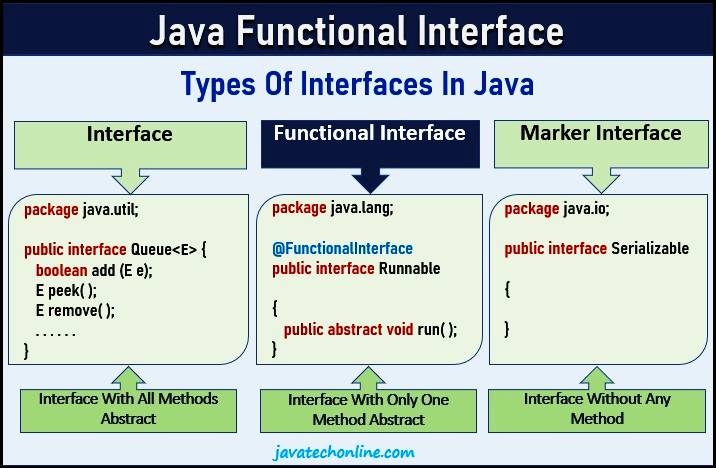
I'm happy to respond in English for this question!
The main advantage of functional interfaces in Java is that they enable the use of lambda expressions and method references, which greatly simplifies coding and enhances code readability.
In traditional object-oriented programming (OOP), interfaces are typically used to define contracts or protocols between different classes. However, with the introduction of functional interfaces, Java provides a way to represent functions or predicates as first-class citizens that can be passed around as arguments to methods, returned from methods, stored in data structures, and so on.
Functional interfaces are simply interfaces that have exactly one abstract method. In other words, they are single-method interfaces. This means that any class implementing such an interface must provide an implementation for that single method. This single method is often referred to as the "function" or "predicate" because it performs some computation or transformation on its input.
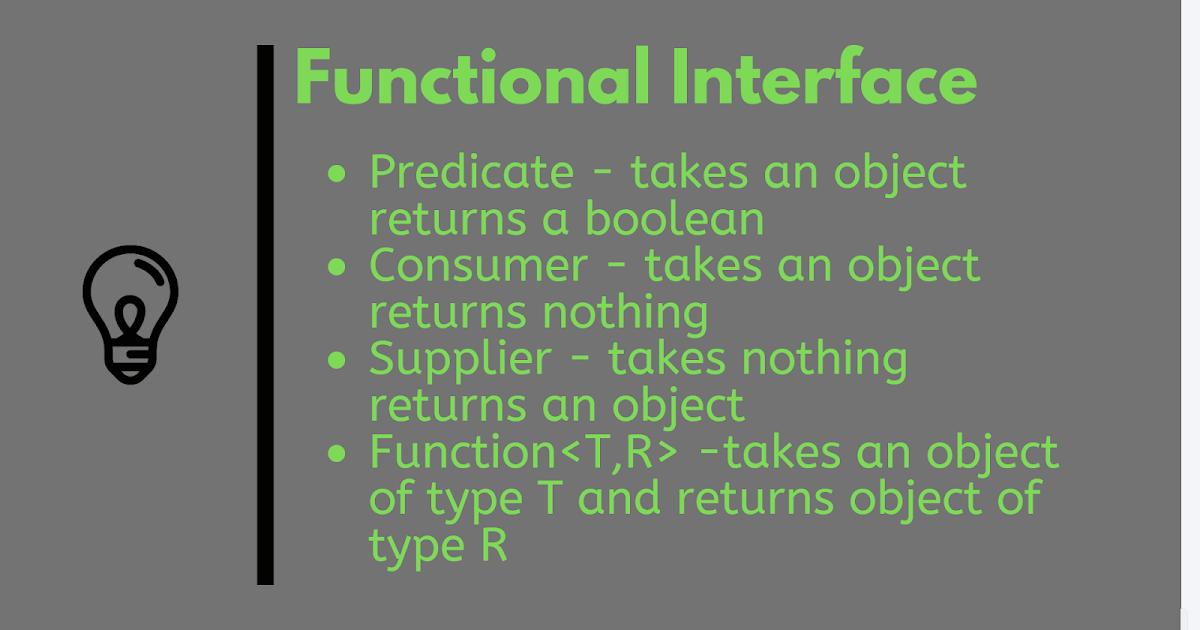
The advantages of using functional interfaces in Java include:
Simplified coding: With lambda expressions and method references, you can write concise and expressive code that's easier to read and maintain. Functional programming style: Functional interfaces enable a more functional programming style, where data flows through pure functions without modifying shared state or affecting side effects. Improved code readability: By expressing operations as simple, one-line lambda expressions, your code becomes more readable and self-documenting. Easier debugging: With the explicit representation of functions as objects, it's easier to debug and analyze code that involves complex compositions of these functions. More concise code: Lambda expressions can often replace bulky classes with single-method interfaces, leading to more concise code.To illustrate this concept, consider an example where you want to filter a list of strings to only include those that match a specific predicate (i.e., function). Without functional interfaces, you might write:
List results = new ArrayList<>();
for (String s : originalList) {
if (s.length() > 5) {
results.add(s);
}
}
With functional interfaces, you can rewrite this code as follows:
Predicate predicate = s -> s.length() > 5;
List results = originalList.stream()
.filter(predicate)
.collect(Collectors.toList());
In the second example, we define a predicate lambda expression that takes a string and returns a boolean indicating whether its length is greater than 5. We then use this predicate to filter the list of strings using the stream() method.
In summary, functional interfaces in Java enable a more concise, expressive, and readable way of coding by providing a mechanism for representing functions or predicates as objects that can be composed, passed around, and used to simplify complex computations.
